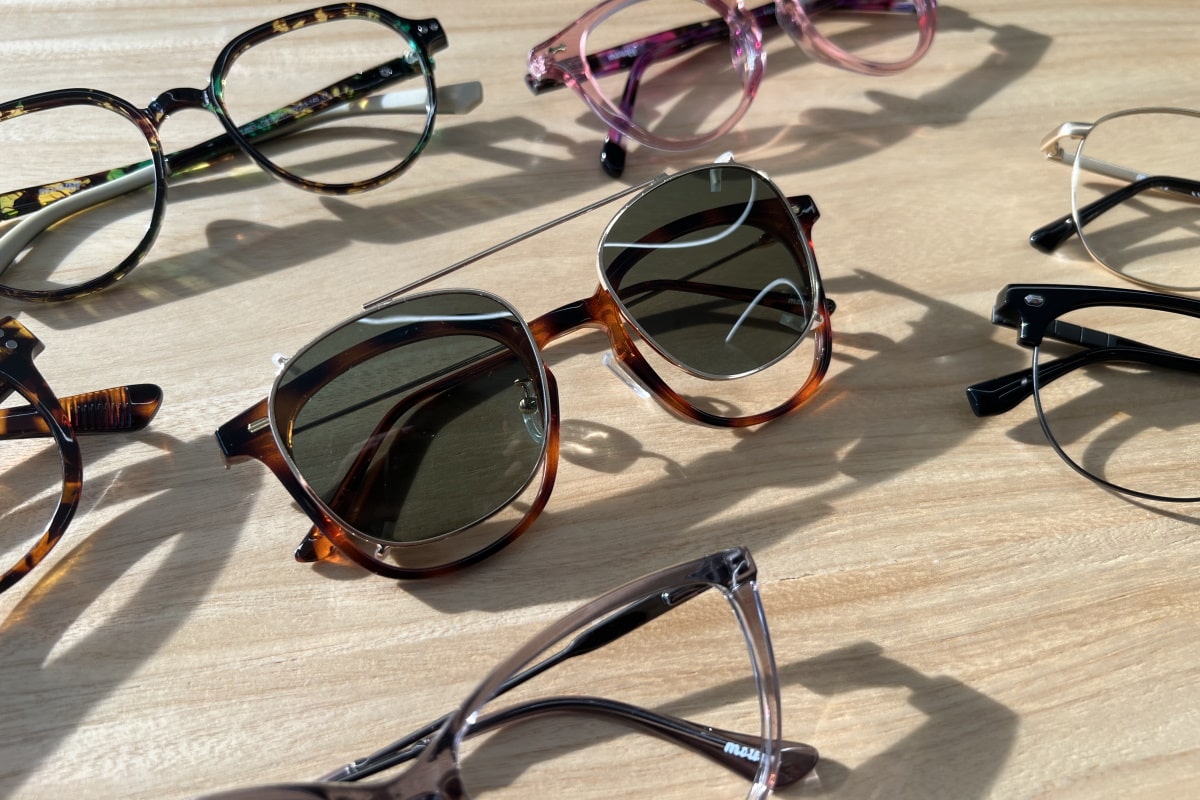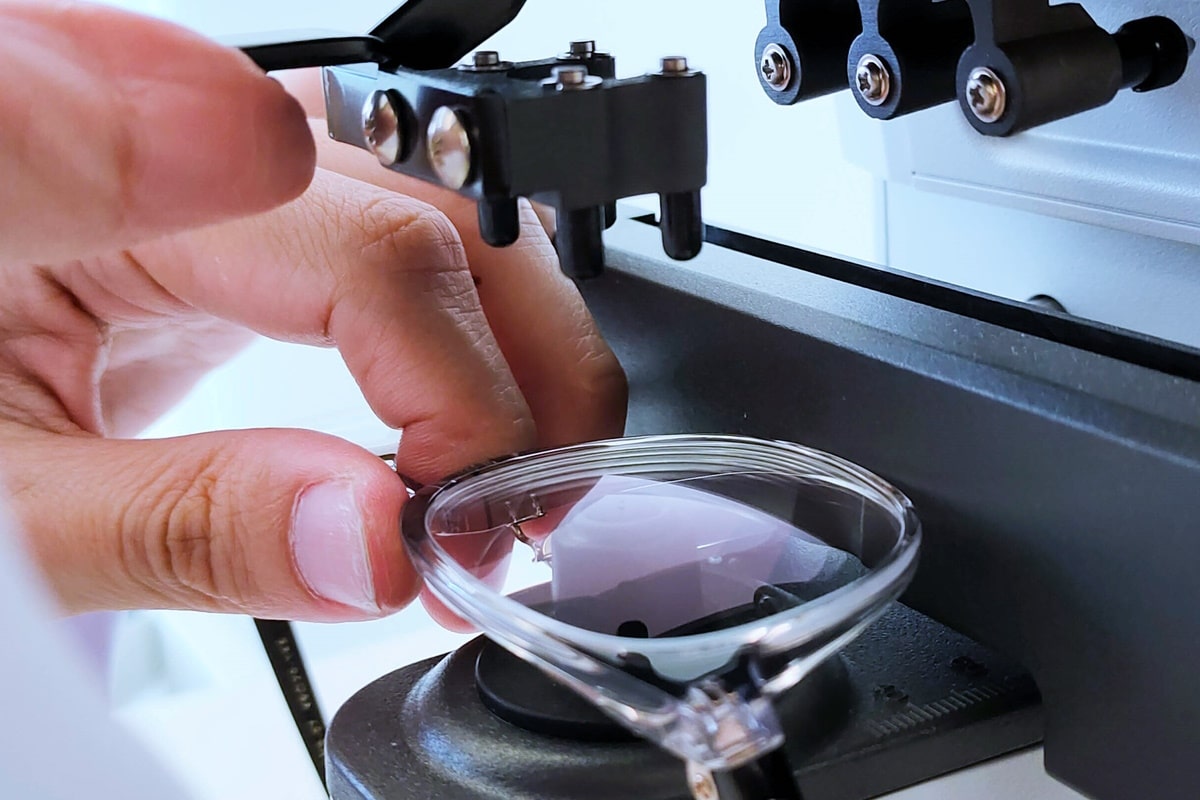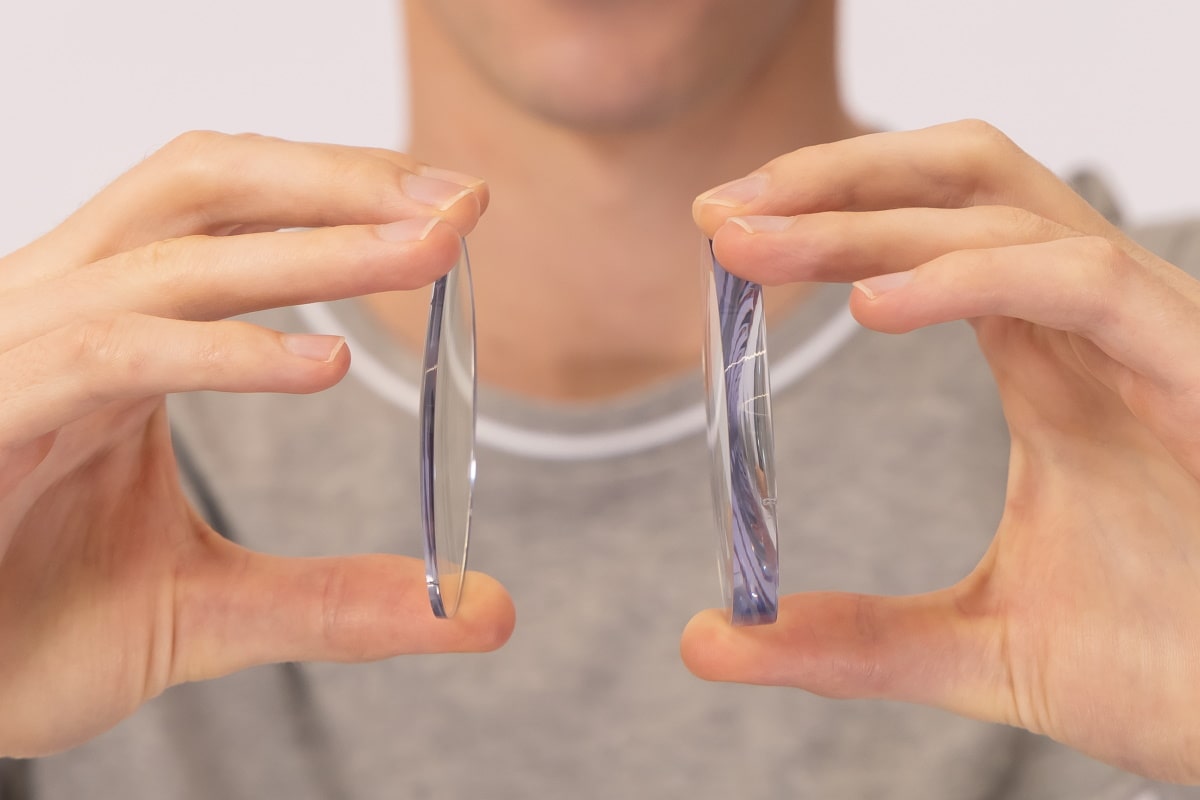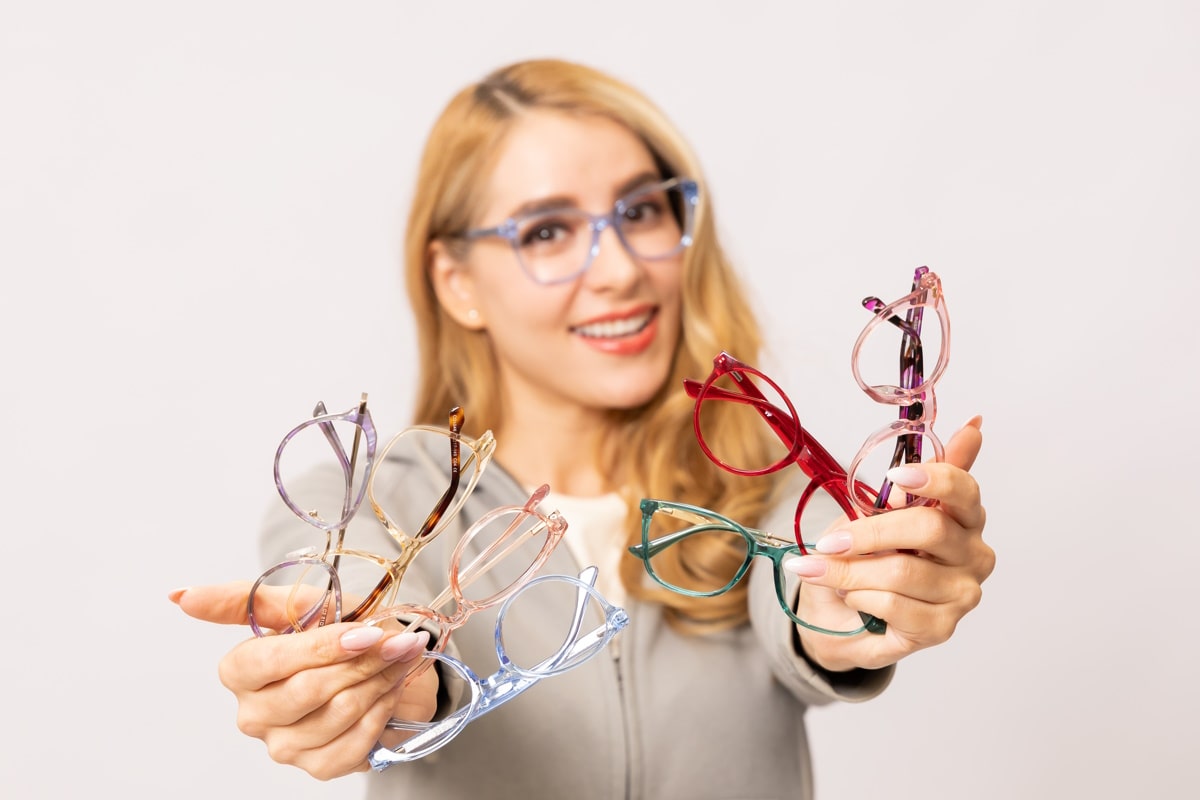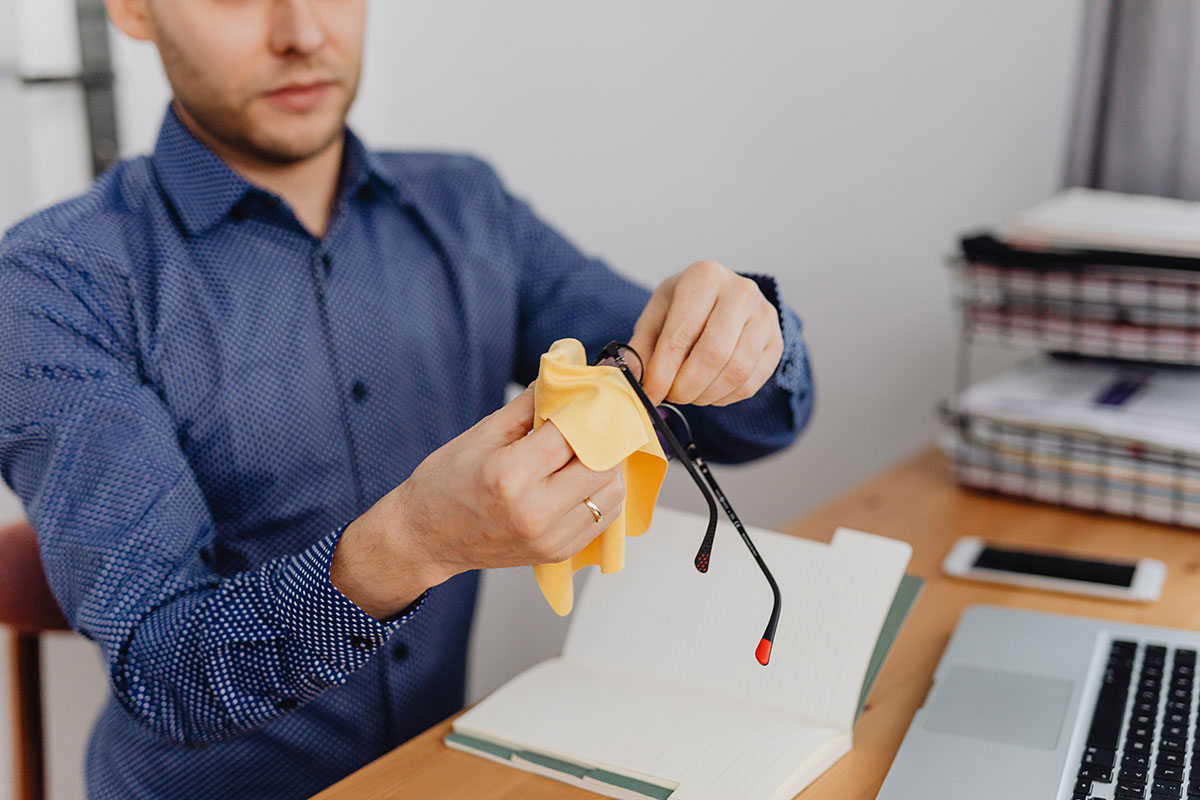Understanding Hydrophobic Coatings on Eyeglass Lenses
Hydrophobic coatings on lenses have been around for a long time now.
And thank goodness! They help you avoid the problems caused by wet lenses, and help keep your glasses cleaner for longer.
If you’ve ever worn glasses, you know that they can become completely useless when they get wet. If you’re out in the rain or someone spills something on your face, it can be a distracting annoyance if you don’t have a microfibre cloth handy.
And while some people may think this is funny or cute when it happens to other people’s glasses, it can be frustrating when it happens to yours!
What does the term ‘hydrophobic’ mean?
Hydrophobic is a term from the Greek words “hydro,” meaning water, and “phobe,” meaning fear. So it means fear of water.
Why would something be afraid of water? It’s not just because they don’t like to swim or take baths. The term hydrophobic is also used to describe substances that repel water molecules. So if you have something hydrophobic, it means that it repels water molecules and doesn’t absorb them into their structure.
How does a hydrophobic coating work?
When you think about the way water interacts with things, it’s pretty simple. It just gets wet and stays wet. The only time it changes state is when it freezes or boils. When that happens, the water molecules form crystals or bubbles on the surface of the object they’re touching.
And that’s why hydrophobic coatings are so effective—they keep water droplets from sticking to their surface by making it bead up and roll off rather than wetting down the surface. Another type of hydrophobic coating is the super hydrophobic coating which, not only will water bead up and roll off any surface but it will also be repelled by air.
But there are times when hydrophobic coating doesn’t work on a material, and there are two possible causes: either the application process wasn’t done correctly or the material being coated isn’t meant to be treated that way. This leaves the material prone to staying wet, which is not what you’re really looking for.
So when purchasing any eyewear or lenses, make sure to check if there’s a hydrophobic coating. Luckily, all Mouqy lenses have hydrophobic coatings by default!
Benefits of hydrophobic coating for glasses
Now that we’ve covered the basics, let’s explore some of the many advantages hydrophobic coatings offer:
- A hydrophobic coating on glasses makes the surface water-repellent. So, when rain hits a hydrophobic lens it repels droplets and prevents moisture build up on the lens. This is great for people who sweat or go out on rainy days and don’t want their glasses to get foggy.
- Hydrophobic coatings on glasses also help prevent dust particles from clinging to the lenses. They simply fall off when they come into contact with the lens.
- It reduces the visual distortion caused by water or rain on glasses and sunglasses. It can also help resist stains and repels grease and fingerprints, so cleaning your lenses is quicker — and easier!
- If your glasses fog up, it can be extremely annoying. A hydrophobic coating on your glasses will keep moisture from adhering to the lenses—so they won’t form condensation when you’re outside in extreme temperatures or humidity.
- Parents who wear glasses struggle when bathing their children who tend to splash about in the tub. Even cleaning your own car is a struggle when wearing glasses. We face a lot of everyday struggles when it comes to wearing glasses and having hydrophobic lenses help make it easier to manage these tasks.
How to take care of hydrophobic lens coatings
It’s important to take proper care of these coatings so that they continue to work as well as they did when you first got them. Here are some ways on how to take care of your lenses:
- Lather your hands with soap and wash them with warm water before touching the lenses.
- Use a clean lens cloth or microfiber cloth to clean your lenses with a drop of cleaning solution. Make sure that the cleaning solution or solution that comes with your lens cloth is compatible with the type of coating on your lenses.
- Rinse off any residue from the cleaning process with tap water, or if you’re using a cleaning solution, rinse it off with tap water.
- Dry your lenses with a clean lens cloth or microfiber cloth.
- When not in use, store your glasses in a protective case or, if you don’t have a case, wrap them in a microfiber cloth.
For more details, check our guide on how to care for your glasses properly.
Final thoughts on hydrophobic lens coatings
Hydrophobic coatings on lenses are a vital piece of technology that is constantly evolving. They are applied in a wide variety of materials, from eyeglasses to camera lenses to mirrors.
The reason for this is simple: they help prevent water and other liquids from damaging the surface of the lens, which can lead to fogging, smearing, and other issues that can be incredibly frustrating when you keep taking your glasses off and cleaning off the dirt and smudges.
Hydrophobic coatings aren’t perfect — they can wear off over time or get damaged by chemicals or scratches – but if you look after your glasses well, you can prolong their effectiveness.
Want hydrophobic-coated glasses of your own? Check out any of our frames in our eyeglasses collection – Mouqy’s styles not only look great, but are functional as well with all lenses coated in hydrophobic coatings!

Written by:
Shu Kie

